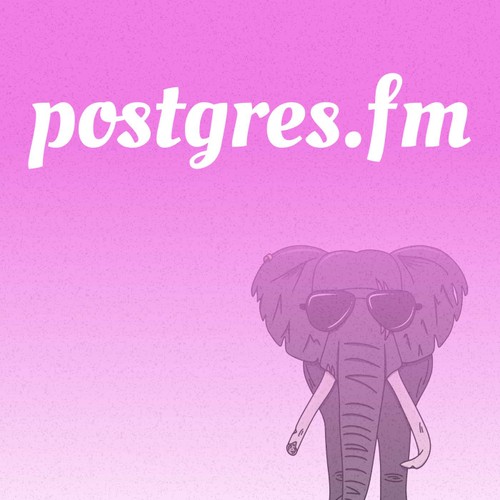
 Postgres FM
Postgres FM Decoupled storage and compute
Aug 25, 2023
Delving into the concept of decoupling storage and compute in cloud products like RDS Aurora, Google Cloud AlloyDB, and Neon. Exploring the benefits and challenges of decoupled storage and compute, compatibility in open-source systems like Neon, and the need for thorough research when using Postgres in different providers. Discussing serverless architecture, including scale to zero and decoupled storage and compute. Exploring control and configurability of storage and compute in decoupled systems, and the potential benefits of Aurora's plan management feature for auto scaling and serverless approaches.
AI Snips
Chapters
Transcript
Episode notes
Why Separate Compute From Storage
- Separation of compute and storage is pursued mainly to improve performance, scalability, and ease upgrades in Postgres-based cloud products.
- Providers like Amazon Aurora and Google AlloyDB leverage advanced storage infrastructure to differentiate their services.
Aurora Checkpoint Innovation
- Aurora eliminates checkpoint overhead seen in regular Postgres, improving performance and reducing latency spikes especially for write-heavy workloads.
- Checkpointing still happens behind the scenes but is fully detached from the compute node to avoid performance penalties.
Choosing Aurora or Neon Carefully
- Users should evaluate whether Aurora Postgres or Neon suit their business scale and needs carefully before choosing.
- Smaller businesses might not find Aurora the best choice despite its advanced features and operational ease.
